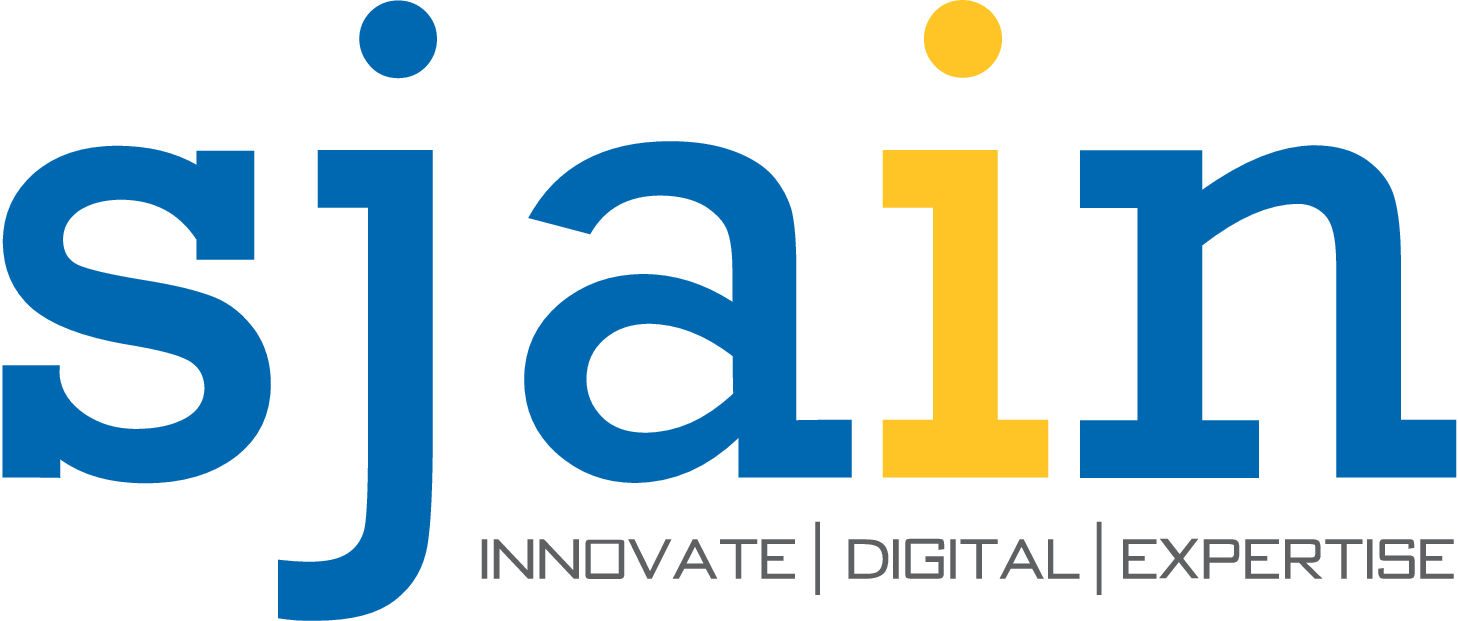Exploring the Potential of Blockchain Technology
Blockchain-based systems have emerged to be one of the hottest technical developments, with the ability to completely transform a variety of sectors. Initially popularized as the underlying technology behind cryptocurrencies like Bitcoin, blockchain has evolved into a robust and versatile platform that can be applied to a wide range of sectors. This blog aims to explore the potential of blockchain technology and its transformative impact on various industries.
Understanding the Blockchain Technology
Blockchain technology is essentially a decentralized and distributed ledger that records transactions across multiple computers, known as nodes. Each transaction, or block, is linked to a previous block, forming a chain of blocks, hence the name “blockchain.” This decentralized nature eliminates the need for a central authority, making blockchain more transparent, secure, and tamper-proof.
Enhanced Security and Data Integrity
One of the critical advantages of blockchain technology is its enhanced security and data integrity. Traditional centralized systems are vulnerable to hacking and data breaches, as they rely on a single point of failure. In contrast, the blockchain’s decentralized architecture makes it extremely difficult for hackers to compromise the network. The distributed consensus mechanism ensures that any changes to the blockchain require majority approval from the network participants, adding an extra layer of security.
Transparency and Accountability
Blockchain technology promotes transparency and accountability by providing a shared, immutable ledger accessible to all participants. Each transaction is recorded on the blockchain, and once added, it cannot be altered or deleted. This feature makes blockchain particularly useful in industries where transparency and traceability are crucial, such as supply chain management, healthcare, and finance. For example, blockchain can be used to track the origin and movement of products, ensuring ethical sourcing and eliminating counterfeit goods.
Smart Contracts and Automation
Blockchain enables the execution of smart contracts, which are self-executing agreements with predefined rules. Smart contracts eliminate the need for intermediaries, as the terms and conditions are automatically enforced once the predefined criteria are met. This automation reduces transaction costs, enhances efficiency, and minimizes the potential for human error. Smart contracts have the potential to revolutionize various industries, including finance, real estate, and logistics.
Financial Services and Banking
The financial services industry has been quick to recognize the potential of blockchain technology. Blockchain-based solutions can streamline and automate various financial processes, such as cross-border payments, trade finance, and asset management. Blockchain’s decentralized nature eliminates the need for intermediaries, reducing costs and settlement times. Additionally, blockchain provides a more secure and transparent platform for storing and transferring digital assets.
Supply Chain Management
The global supply chain is a complex network involving multiple stakeholders, making it prone to inefficiencies and fraud. Blockchain technology offers a solution by providing end-to-end visibility and traceability. Each step of the supply chain can be recorded on the blockchain, allowing stakeholders to verify the authenticity and movement of goods. This transparency minimizes the risk of counterfeit products, improves inventory management, and ensures ethical sourcing.
Healthcare and Data Management
Blockchain technology has the potential to revolutionize healthcare and data management. Patient records can be securely stored on the blockchain, allowing authorized healthcare providers to access accurate and up-to-date medical information. Blockchain also enables the secure sharing of sensitive data while maintaining patient privacy. Moreover, blockchain can facilitate clinical trials, supply chain management for pharmaceuticals, and tracking the authenticity of medical devices.
Government and Public Services
Blockchain technology can transform the way governments and public services operate. By leveraging blockchain’s transparency and immutability, governments can enhance the integrity of voting systems, reduce fraud, and improve the efficiency of public service delivery. Additionally, blockchain-based identity management systems can provide secure and verifiable digital identities, eliminating the need for cumbersome paperwork and enhancing data privacy.
Conclusion
Blockchain technology holds immense potential to revolutionize various industries by enhancing security, transparency, and efficiency. From finance to supply chain management, healthcare to government services, the applications of blockchain are vast and promising. As the technology continues to mature, organizations across different sectors are exploring and implementing blockchain solutions to unlock its transformative power. By embracing blockchain, businesses can stay ahead of the curve and capitalize on its numerous benefits in today’s digital era.

